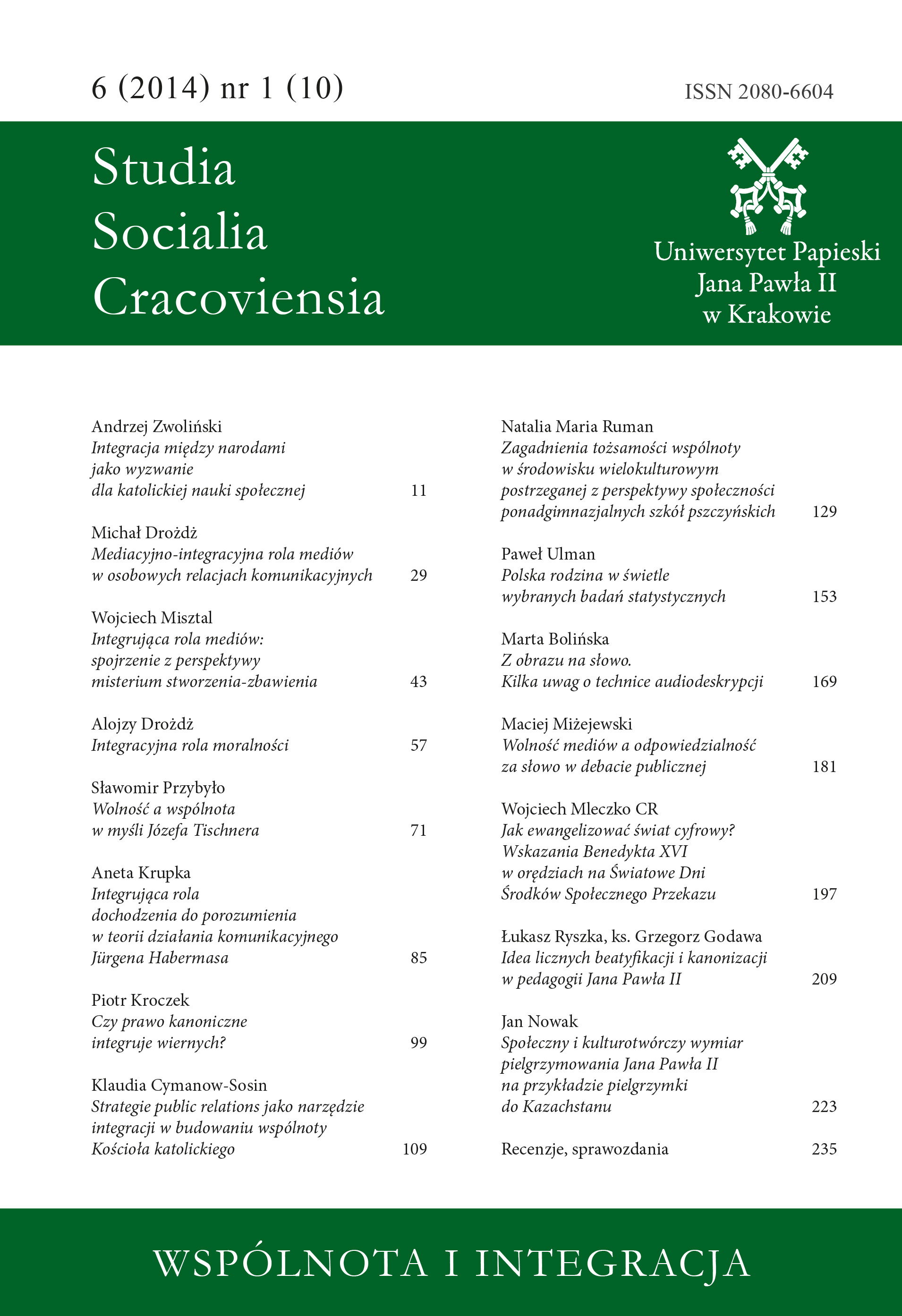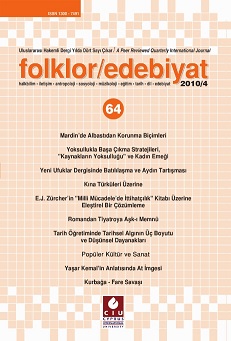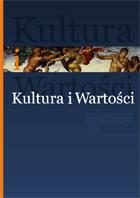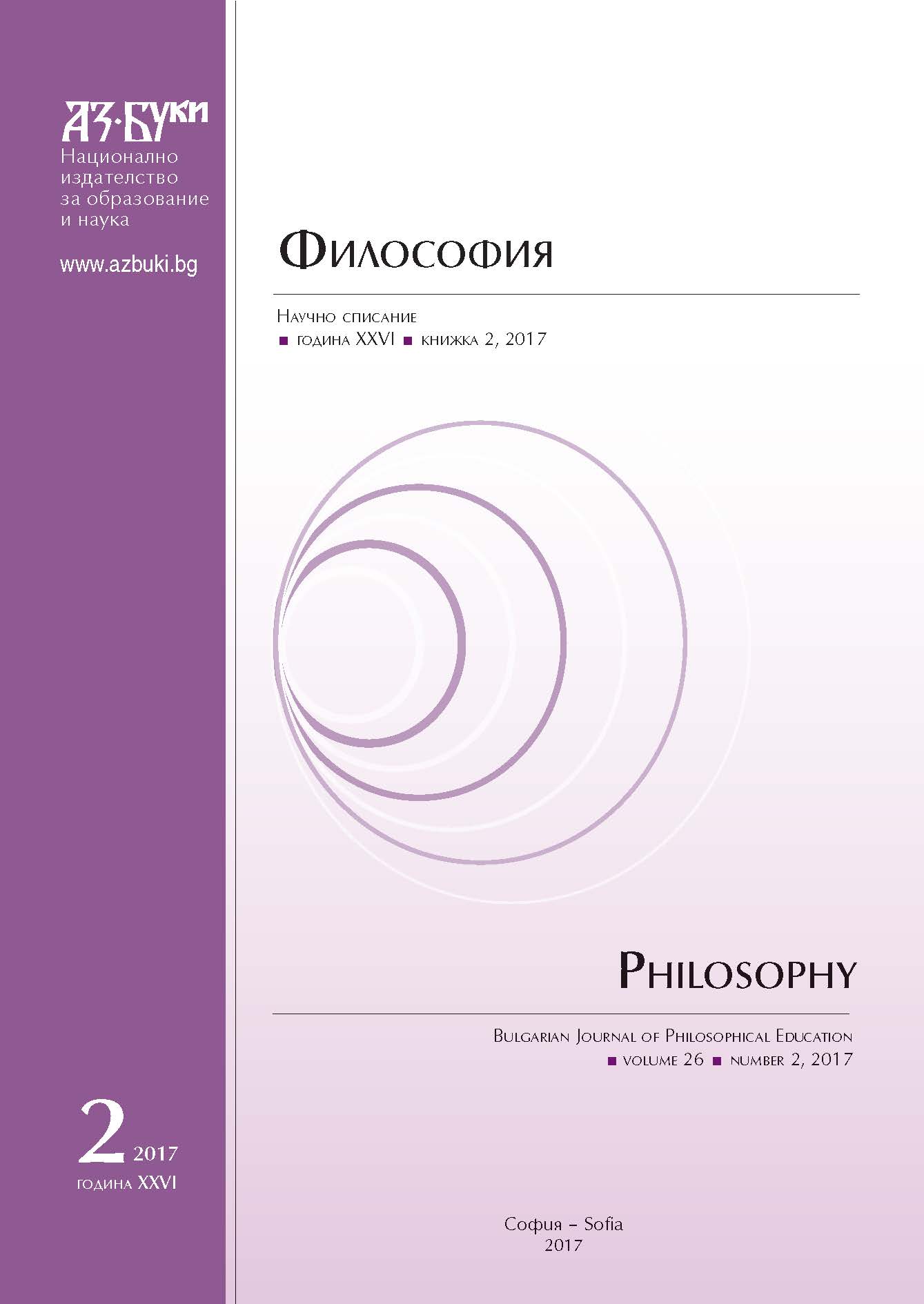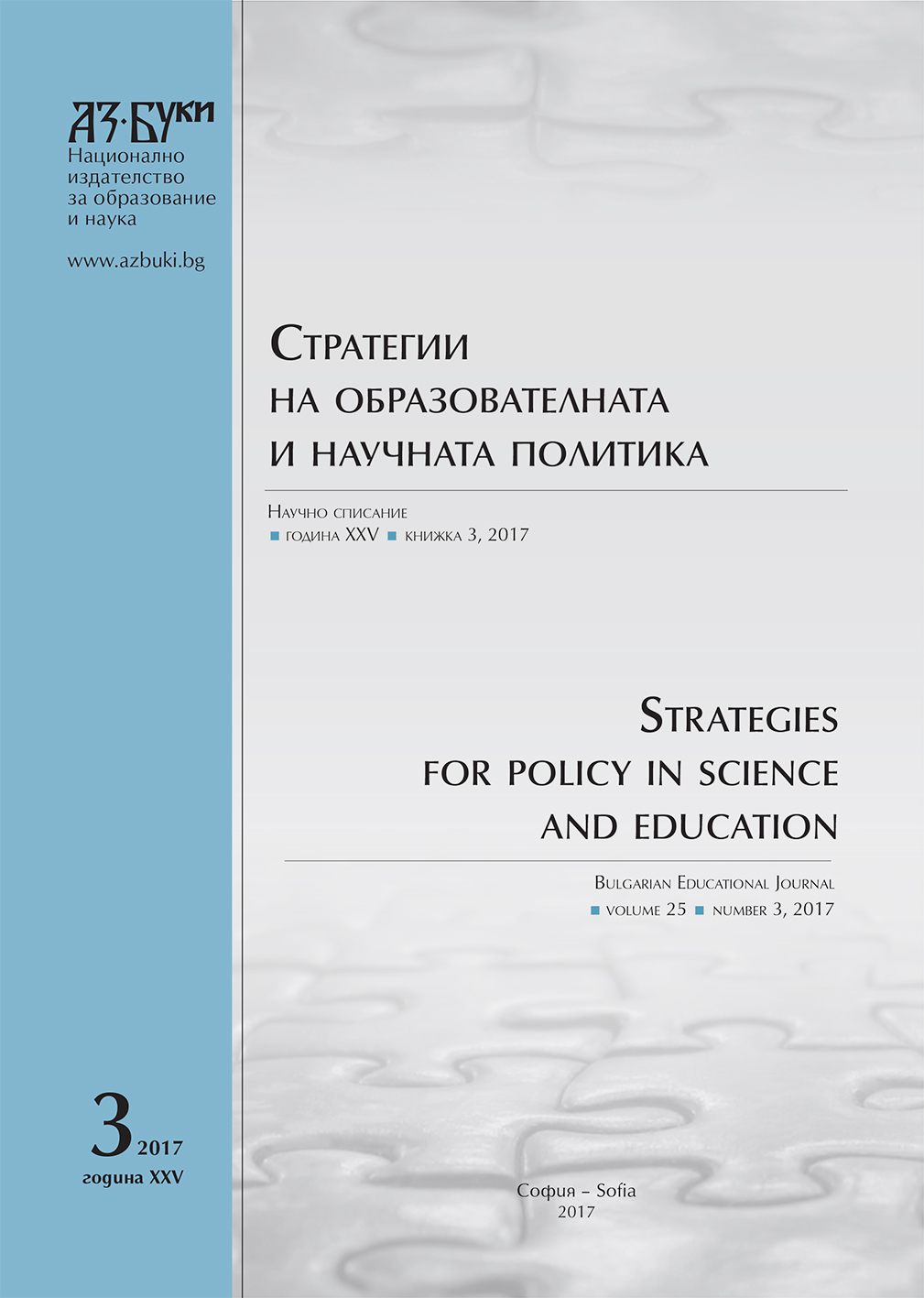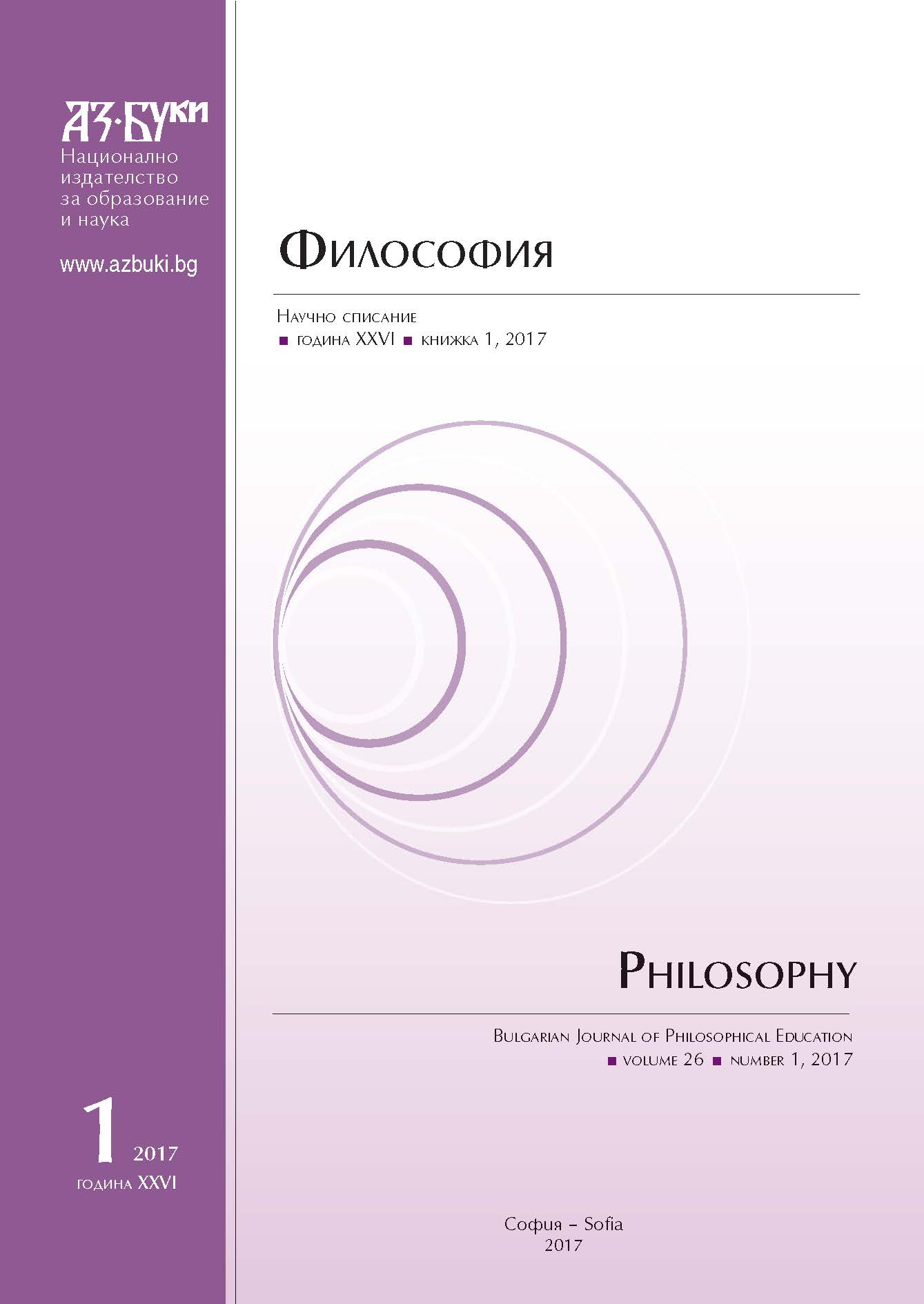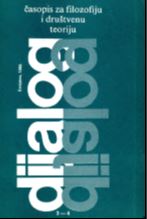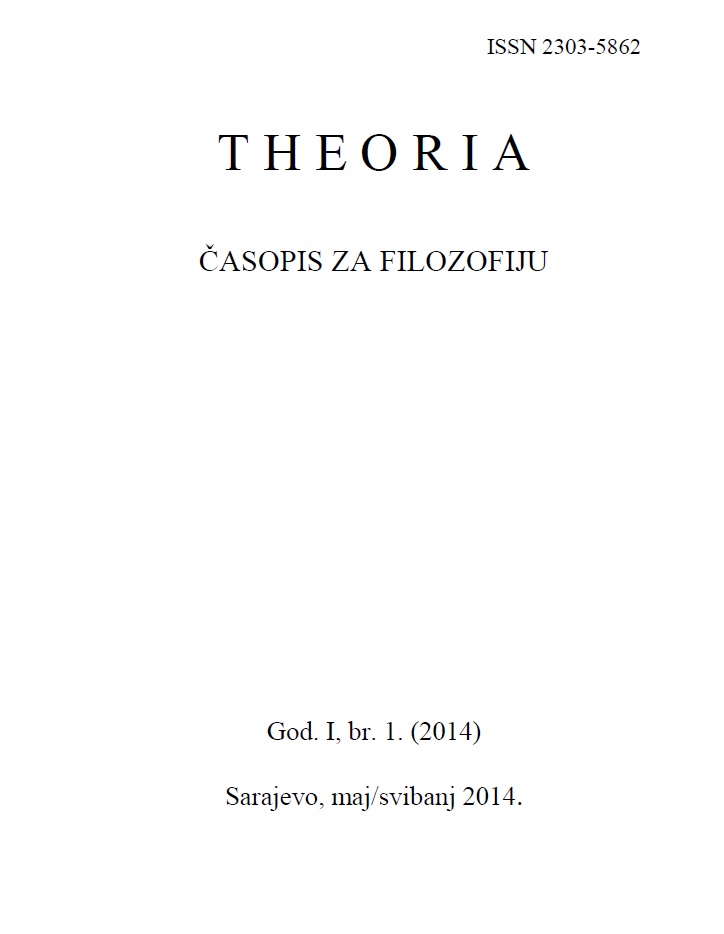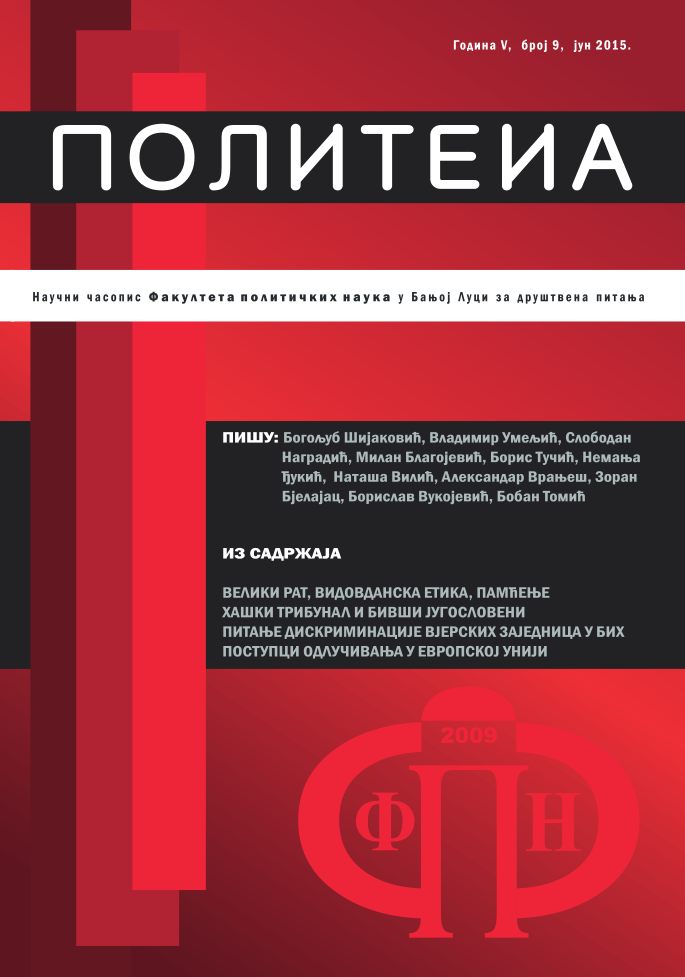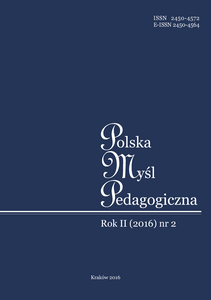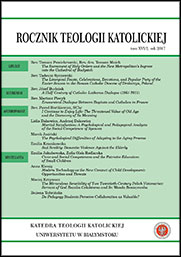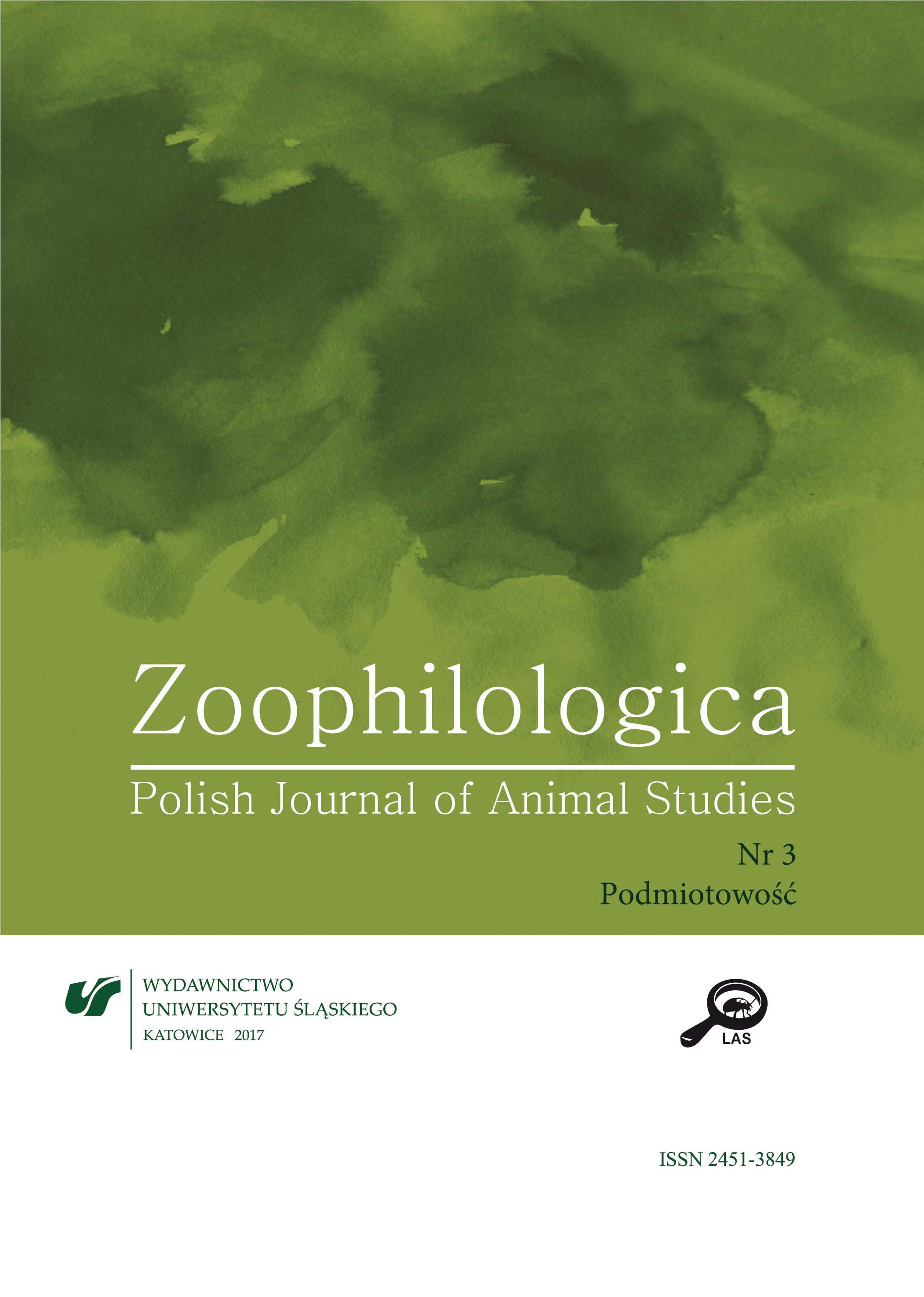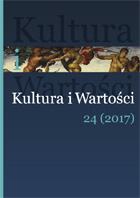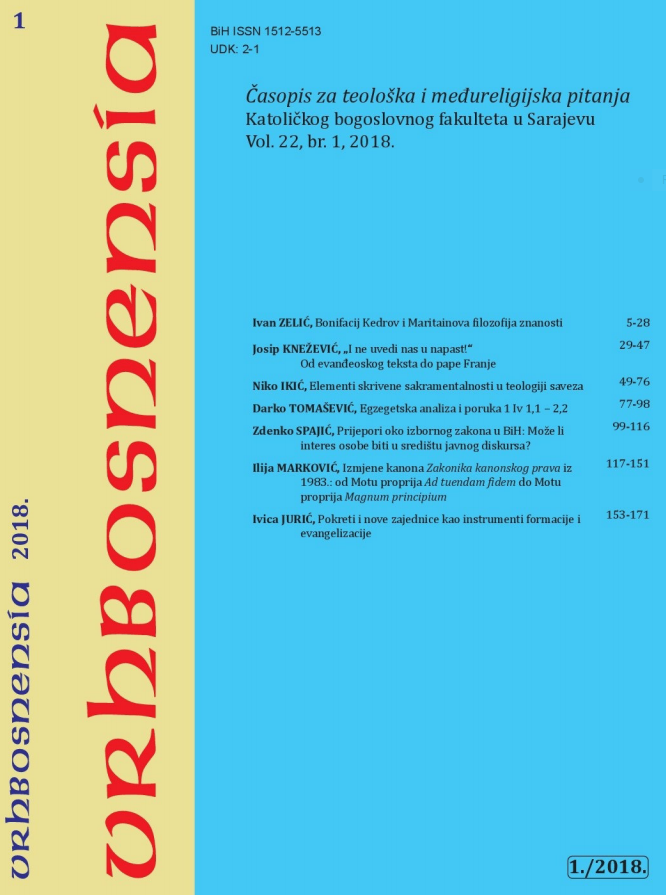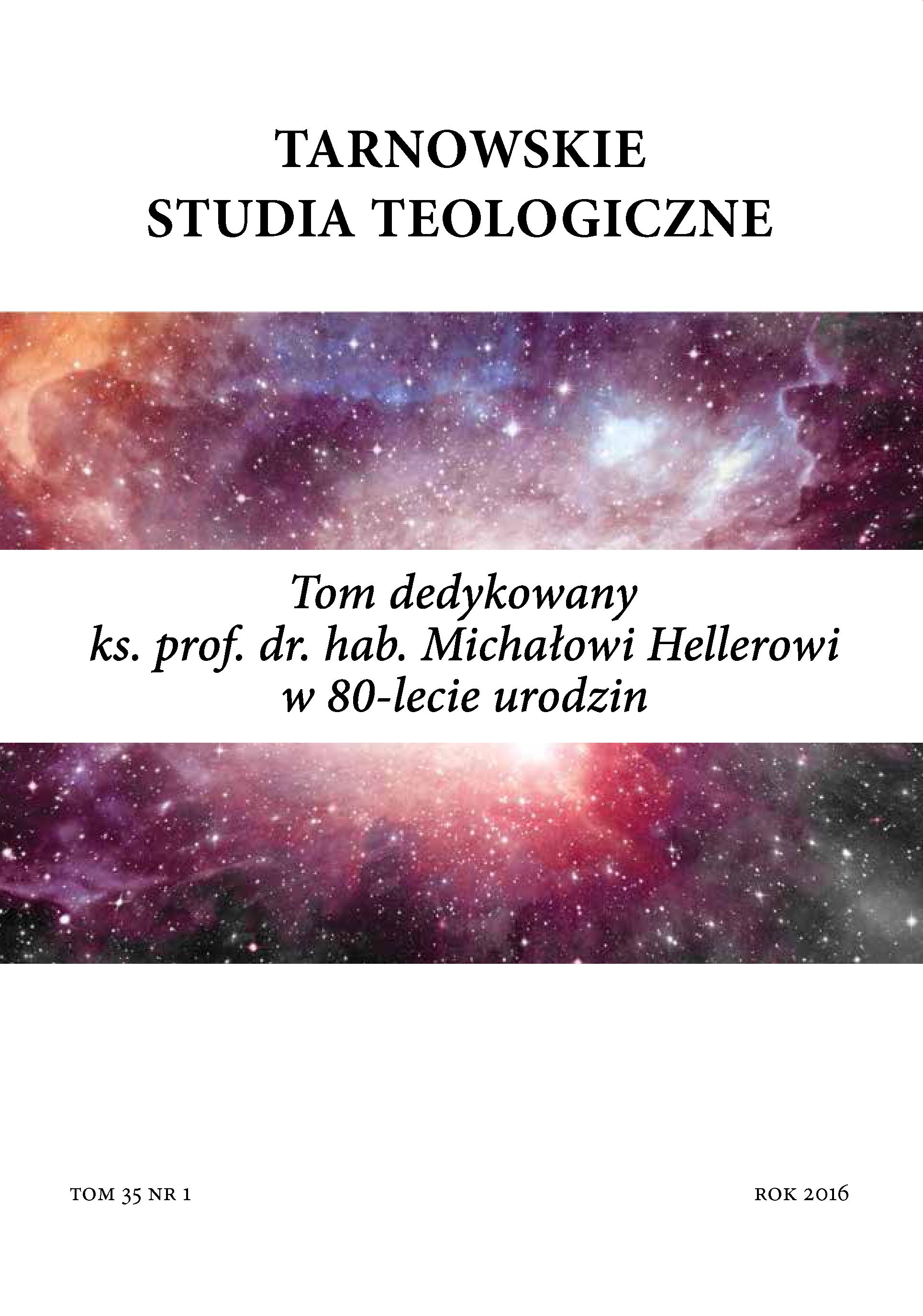
Kazania filozofa
Kazania ks. prof. Michała Hellera są doskonałym przykładem łączenia kompetencji w naukach teologicznych i przyrodniczych z pasją nauczania wiary i dawania jej świadectwa. W swoim artykule przedstawiłem wybrane zagadnienia, które ujawniają nowatorstwo jego kaznodziejstwa i pozwalają poznać jego kompetencje zarówno w tych dziedzinach, których znajomość jest koniecznym warunkiem przemawiania w kościele, jak i w tych, które znają nieliczni kaznodzieje. W artykule zamieściłem także kilka własnych refleksji dotyczących teologii, języka, filozofii, nauk empirycznych. Refleksje te, nawiązujące do omawianych kazań, są wynikiem moich własnych przemyśleń, do których sam autor zachęcał czytelników. Natomiast celem artykułu jest wykazanie, że Michał Heller jest uczonym, który również na polu duszpasterskim ma wiele ważnych i ciekawych rzeczy do powiedzenia. Sermons by Father Michael Heller are perfect example of combining competence in theological and natural sciences with a passion for teaching the faith and to bearing witness to it. In this article I present selected topics that reveal the novelty of his preaching and allow us to get to know his expertise in both these areas: the knowledge which is a necessary condition to speak in the church, and sciences which know only a few preachers. The article also contains some of my own ideas on theology, language, philosophy, empirical science. My reflections referring to these sermons, are the result of my own thoughts, to which the author himself urged readers. The aim of this article is to show that Michael Heller is a scientist who in the pastoral field has many important and interesting things to say.
More...
